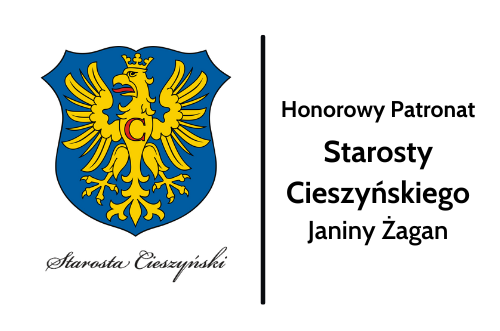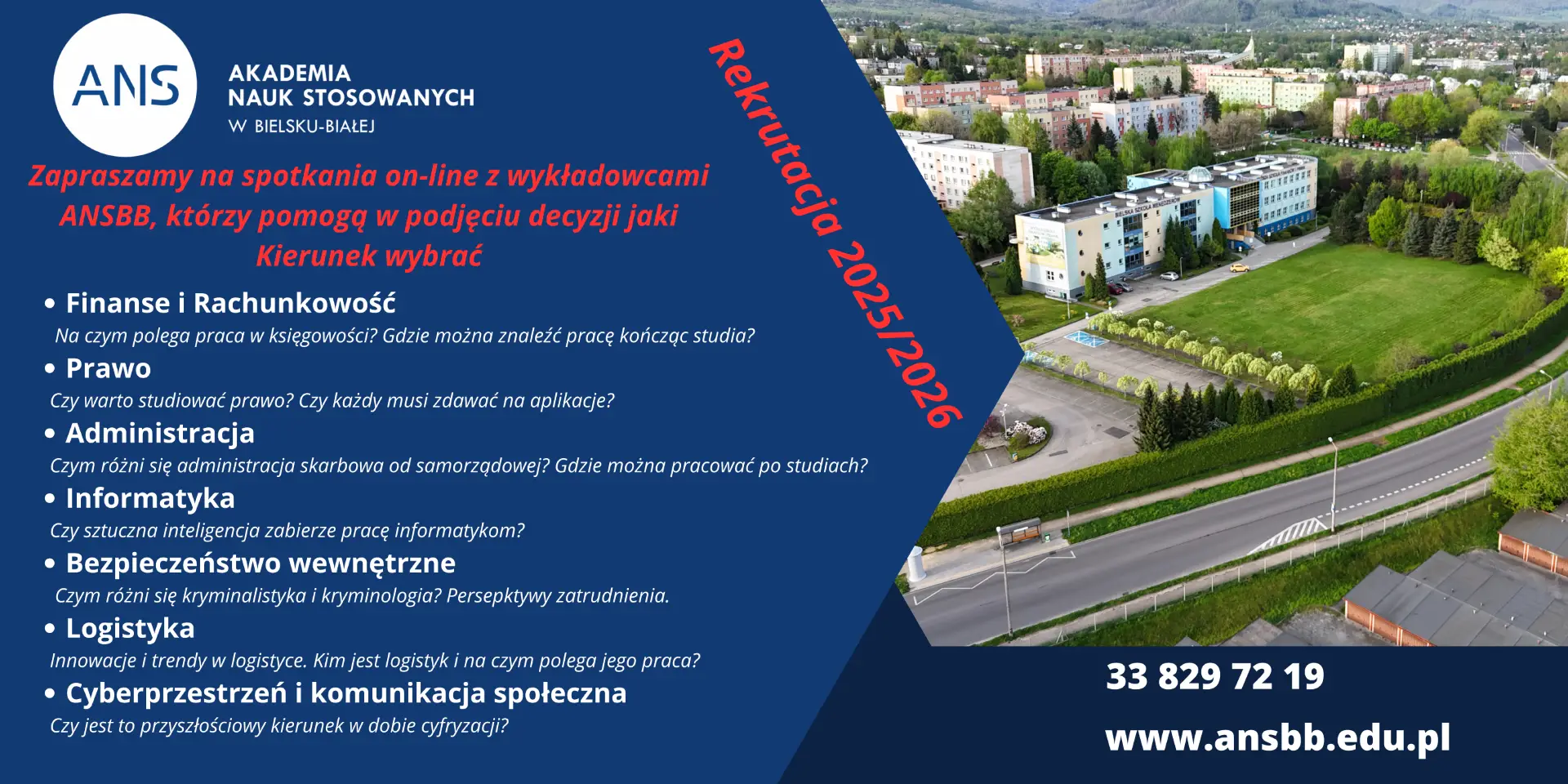Humankind, in an effort to push the boundaries of its own perception of the sensory world in search of new technological solutions, is increasingly entering the world of virtual reality (VR), which is experiencing rapid growth, becoming one of the most important technological trends of the 21st century. The power of the virtual world and artificial intelligence is giving science new possibilities that abound in the emergence of various paradigms that build the power of VR in human life and everything that concerns it. An indispensable accompaniment of VR is the dynamic progress of artificial intelligence, which gives colour to virtual reality, which is intended to be an entry point for humans into a different dimension of experiences and solutions. The development of devices such as VR goggles, haptic gloves or simulators allows for an increasing integration of the user's senses, enhancing the sense of immersion. At the same time, the development of artificial intelligence and machine learning enables the personalisation of virtual experiences, making VR a more adaptive and effective tool.
The future of VR is also revolutionising global science by creating the development of global research platforms that enable real-time collaboration, as well as the creation of predictive models based on simulation data. The use of VR and AI in the world of science offers opportunities to reduce the cost of this technology and on creating legal and ethical frameworks for its use. This will make VR a common tool in scientific research and education. It is also worth noting that the use of VR significantly accelerates the progression of knowledge acquisition and makes it possible to solve problems that previously seemed unattainable.
The 3rd edition of the conference is an opportunity to reflect together on further opportunities and challenges in the use of VR and other supporting technologies in areas such as law, security, finance or logistics. The picture created by the post-conference deliberations will allow us to build a solid foundation for the implementation of new solutions in the practice of economic life.
Humankind, in an effort to push the boundaries of its own perception of the sensory world in search of new technological solutions, is increasingly entering the world of virtual reality (VR), which is experiencing rapid growth, becoming one of the most important technological trends of the 21st century. The power of the virtual world and artificial intelligence is giving science new possibilities that abound in the emergence of various paradigms that build the power of VR in human life and everything that concerns it. An indispensable accompaniment of VR is the dynamic progress of artificial intelligence, which gives colour to virtual reality, which is intended to be an entry point for humans into a different dimension of experiences and solutions. The development of devices such as VR goggles, haptic gloves or simulators allows for an increasing integration of the user's senses, enhancing the sense of immersion. At the same time, the development of artificial intelligence and machine learning enables the personalisation of virtual experiences, making VR a more adaptive and effective tool.
The future of VR is also revolutionising global science by creating the development of global research platforms that enable real-time collaboration, as well as the creation of predictive models based on simulation data. The use of VR and AI in the world of science offers opportunities to reduce the cost of this technology and on creating legal and ethical frameworks for its use. This will make VR a common tool in scientific research and education. It is also worth noting that the use of VR significantly accelerates the progression of knowledge acquisition and makes it possible to solve problems that previously seemed unattainable.
dr Aleksander Sapiński
Bielsko-Biala University of Applied Sciences (Poland)










